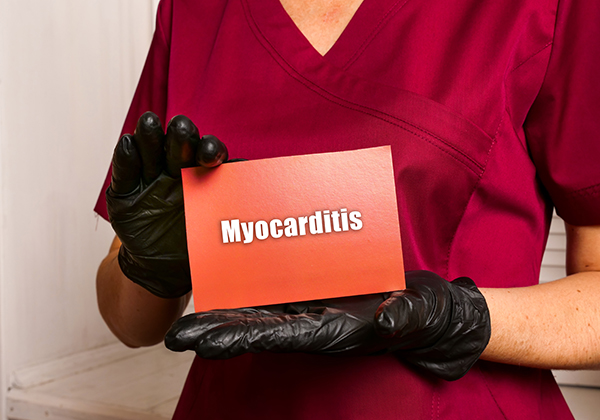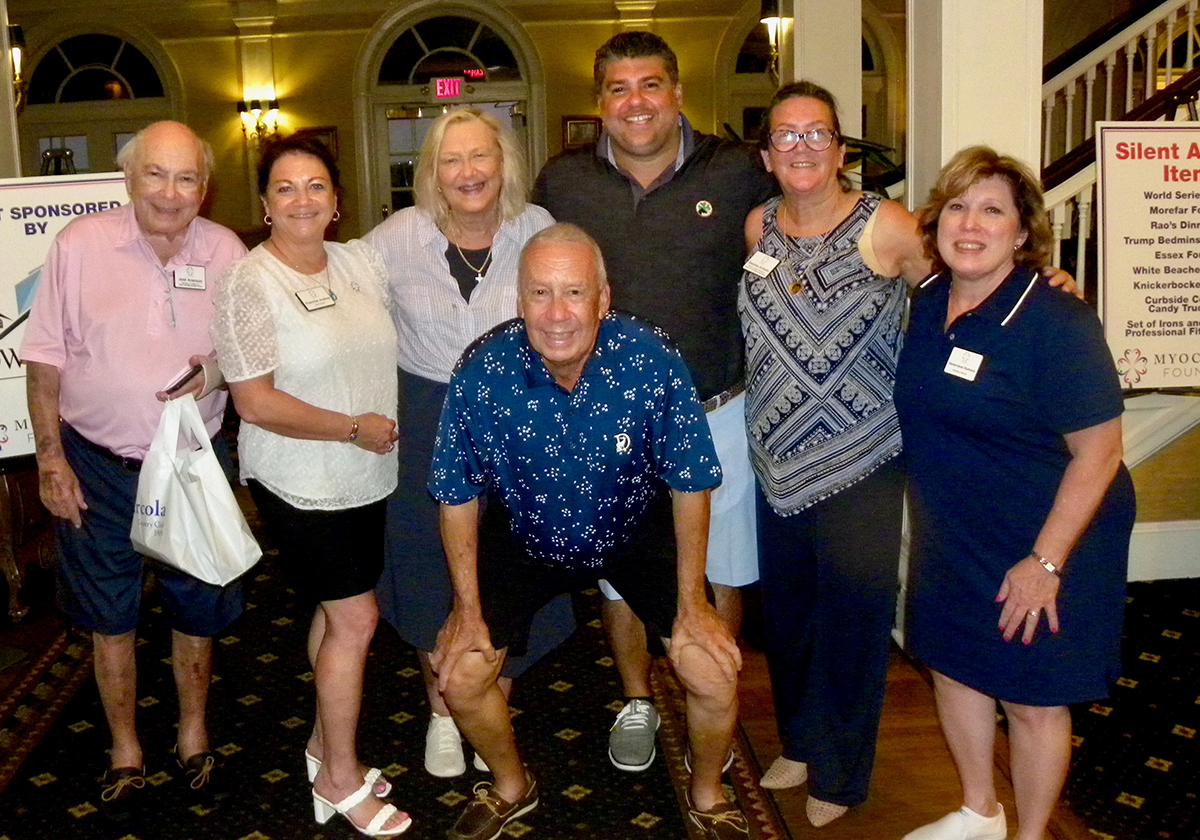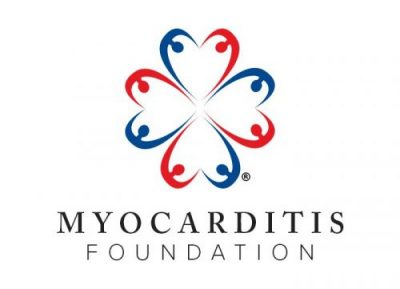Clinical trials are research studies that test a medical, surgical, or behavioral intervention in people. These trials are the primary way that researchers determine if a new form of treatment or prevention, such as a new drug, diet, or medical device, is safe and effective in people.
There are 4 Phases of Clinical Trials:
Phase I Clinical Trial:
Doctors do a phase I clinical trial to learn if a new drug, treatment, or treatment combination is safe for people. They may have already tested it in laboratory animals. These trials usually last several months to a year. They usually have 10 – 30 volunteers. Doctors collect information on the dose or treatment, when and how often you take it, any side effects, or problems, and how the treatment affects you or side effects.
Phase II Clinical Trial:
A phase II clinical trial tells doctors more about how safe the treatment is and how well it works. A Phase II clinical trial lasts about 2 years. Volunteers sometimes receive different treatments. For example, a phase II trial could have 2 groups.
- Group 1 – People who receive the usual treatment for the condition. This is also called the standard treatment. It is the best treatment known.
- Group 2 – People who receive the usual treatment plus the new treatment doctors are studying.
Or a phase II clinical trial could have 3 groups. Volunteers in each group get a different dose of the treatment doctors are studying.
If the phase II clinical trial shows the treatment works and is as safe as the regular treatment, doctors can do a phase III trial.
Doctors use a computer program to put volunteers into different groups. The computer does this at random, which means by chance. Each volunteer has an equal chance of going in any of the groups. The name for this process is “randomization.”
Using a computer to put volunteers in groups keeps the research staff from possibly changing the clinical trial results. They might do this if they chose who went in which group. For example, they might think a certain volunteer would benefit from the new treatment. So, they might put that person in the new-treatment group. But this could change the clinical trial results. Randomization helps avoid this. It is very important to use randomization when a clinical trial compares 2 treatments or more.
Phase III Clinical Trial:
A phase III clinical trial tests a treatment that worked well for volunteers in a phase II clinical trial. Doctors use phase III to compare the new treatment with the standard treatment. They want to know if the new treatment is better, has fewer side effects, or both. So, they put volunteers in different groups. The volunteers in each group get a different treatment.
Phase III clinical trials can take many years. They may have several thousand volunteers. These must include men, women, and people of different ages and ethnic groups, if possible. This helps doctors learn how the treatment works in different people.
If a phase III clinical trial shows the treatment works well, doctors might begin using it with people outside the clinical trial. For example, if they learn that a certain amount of exercise lowers your cancer risk, they publish a report. This shares the information with other doctors. If the researchers or sponsor learn a new medicine is safe and effective, they can ask the government to approve it for people to use. In the United States, they ask the Food and Drug Administration (FDA). The FDA looks at the results of the clinical trial’s phases. They approve the treatment if the results meet their standards.
Phase IV Clinical Trial:
Doctors can prescribe a drug for their patients after the FDA approves it. But the FDA may require the sponsor to keep studying that approved treatment. In these clinical trials, doctors may check if the treatment benefits people as much as it did earlier. They also look for more possible side effects. These clinical trials are called phase IV clinical trials.
In a Phase IV clinical trial, doctors might study the drug or treatment in different doses, or with other drugs or treatments. Or they might study how it works if people take it at different times. They might study it in different people than earlier clinical trials did. For example, they might study how well it works for children or older adults. Doctors can also study how well a drug or treatment works overtime.
Drug makers may do phase IV clinical trials even if the FDA does not ask them to. They might do this to get FDA approval to use the drug in a new way.
Phase IV clinical trials can also check the safety of drugs or treatments being used now. They do this to make sure drug makers report any new or serious side effects. The FDA may take away a drug’s approval if new research shows it is not as safe or effective as earlier testing showed. Doctors cannot prescribe it any longer if this happens.
Do I need to be in all the phases of a clinical trial?
No. You can join any phase of a clinical trial if you qualify to join. For example, you may join a phase II clinical trial whether you were in phase I, or not.
You always have a choice to be in the clinical trial, and you may leave at any time.
There are two Pharmaceutical Companies that are working on medications to treat Pericarditis and Myocarditis. They have either developed or are having Clinical Trials for a medication for Recurrent Pericarditis, Acute Myocarditis, and Dilated Cardiomyopathy which can be a complication of these diseases.
- Mark Bechter, Vice-President of Operations & Patient Advocacy for Kiniksa Pharmaceuticals, traveled from the United Kingdom for our Family Meeting specifically to learn more about the Myocarditis Foundation and what we do for our patients and families. Kiniksa’s Mission is to develop safe, effective, and transformative treatment options for patients with debilitating diseases. Two such diseases are Myocarditis and Pericarditis.Pericarditis can be very limiting if a person has recurrent flareups causing debilitating pain. Kiniksa has recently developed a medication to treat recurrent Pericarditis. Arcalyst (rilonacept) is the first and only FDA-approved treatment, at present, to treat recurrent Pericarditis and reduce the risk of flares in people 12 years and older.
Dr. Bechter shared with us at the meeting that in 2021, they started a registry to follow patients to see how they do over a period of time. Many of the patients have agreed to do a long-term treatment study on the effects of rilonacept. With it being a new drug, there is nothing to help the doctors prescribing it to know how long a person should be given the treatment for. This study will help them better understand that. Dr. Bechter expressed that it is critical to collaborate with other doctors on the treatment of recurrent pericarditis. There are currently 20 sites in the United States that are recruiting patients with pericarditis for this study.
Click here get to our listing of Clinical Trials
It will tell you which studies are recruiting, and you can click on them to learn more information.
If for some reason, you are not near one of the enrolling facilities, please contact TKL Researchwhere they will enroll you at a decentralized site.
If you have any further questions, please contact us at the Myocarditis Foundation and we will try to help.
- Andrew Hamer, Chief Medical Officer and head of Research and Development for Cardiol Therapeutics, based in Ontario, Canada. Dr. Hamer participated in our Family Meeting last year and returned to share updated information on their Clinical Trials and learn more about our Foundation as well. Dr. Hamer was joined by Kelly Narine, Director of Medical Affairs at Cardiol Therapeutics. Cardiol Therapeutics is a clinical-stage, life sciences company which focuses on the research and development of anti-fibrotic and anti-inflammatory therapies for the treatment of cardiovascular disease. Its lead product is CardiolRx, which is in a Phase II Trial (ARCHER Trial), for the treatment of Acute Myocarditis.
Dr. Hamer spoke about how difficult it is to get this trial awareness out to cardiologists in the U.S., as most patients who get initially seen do not go to large diagnostic centers where they are recruiting for this and other studies.
Dr. Hamer encourages patients diagnosed with myocarditis to contact the site that is enrolling patients in this study, which is closest to them, and plan to have travel reimbursed if needed. He shared that the pre-clinical data in this Myocarditis study is very good so far in decreasing the scarring by treatment with this medication.
Cardiol Therapeutics is also recruiting patients who are suffering with recurrent Pericarditis.
Please click here to access information about these Clinical Trials and others.




























